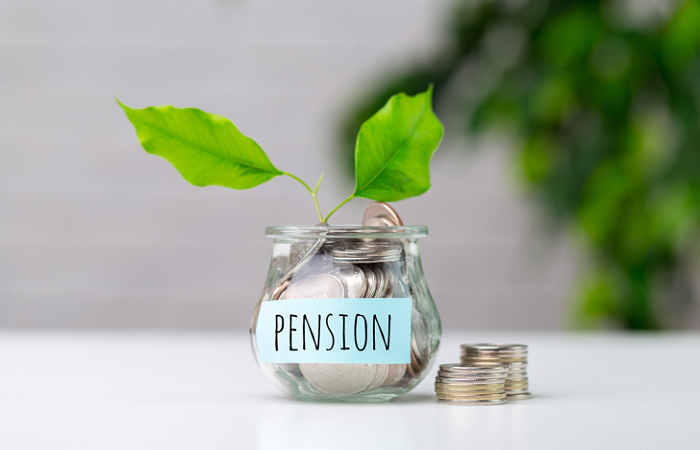
Some 300,000 women were unable to make any savings towards a workplace pension in the last year due to the impact of lockdowns, home schooling and increased domestic responsibilities during the pandemic, research has revealed.
Workplace pension provider Now: Pensions’ new report Pandemics and pension inequality, created in collaboration with the Pension Policy Institute, sought to identify the financial effects of Covid-19 (Coronavirus). It found that women were now 50% more likely than men to reach retirement with no private pension savings at all.
All staff between the ages of 22 and state retirement status must be enrolled in a workplace pension if they earn more than £192 a week. Employees earning less than this can request to join, and those paid above the threshold can opt to leave.
The study found that 2.8 million people from “under-pensioned groups”, including ethnic minorities, people with disabilities, carers and single mothers, have missed out on being able to save towards their workplace pension this year – an increase from 2.5 million in 2020.
A disproportionate number of people in these under-pensioned groups became unemployed or furloughed during the pandemic, the research found, while financial resilience dropped and saving became harder.
Samantha Gould, head of campaigns at Now: Pensions and report author, said that after exploring both the short-term and long-term effects of the pandemic, the study highlighted the need to ensure that everyone has the same opportunity to save for later life.
The provider is calling on the UK government to make the policy changes that were recommended by the 2017 automatic enrolment review – including lowering the age for auto enrolment to 18 and scrapping the earnings requirement – as soon as possible to enable those affected to recover at a faster rate.
“We hope that this report will help raise the profile of these savings gaps and motivate the industry and policy makers to close these pension savings gaps and create a fairer pension system,” she said.